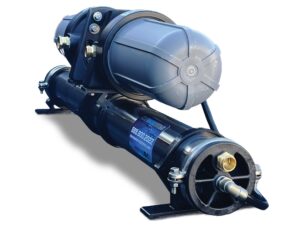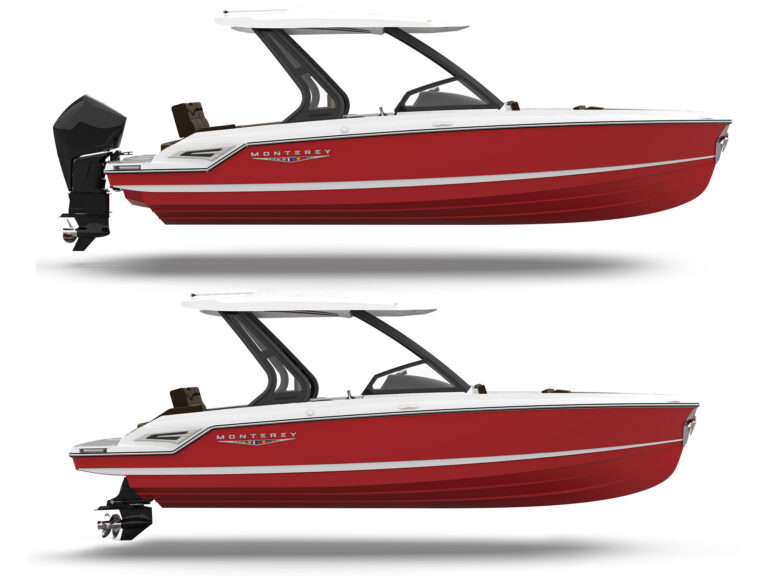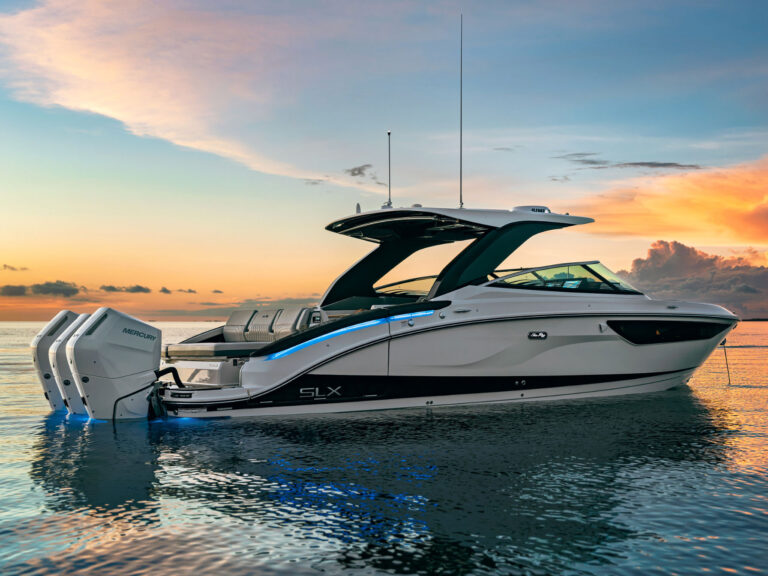
Everyone born after January 1, 1988, must have a Boating Safety Education ID Card to legally operate a boat of 10 or more horsepower on Florida waters.
So, as of this writing, if you are 37 or younger, you need the card showing that you’ve passed a boating safety course certified by the Florida Fish and Wildlife Conservation Commission (FWC). Courses are easy to find on your tablet or computer, such as the free online course from BoatUS (boatus.org).
– LOWER YOUR RATES –
Safety Tip Provided by the U.S. Coast Guard
Taking a boating safety course won’t just make you a better skipper. It could also help you save big on insurance.
If you prefer a classroom course, Americas’s Boating Club (United States Power Squadrons), US Coast Guard Auxiliary Flotillas, several maritime schools and other organizations offer in-person classes. Whether online or in-the-flesh, the courses cover equipment, navigation and safe operation, dealing with emergencies, and water sports.
The online course takes about four to six hours to complete. The classroom courses are usually offered as a one-day affair.
Pass the course, print the temporary certificate and you’re legal on the water. You must carry the card and a photo ID. The safety certificate is reciprocal for every U.S. state and Canada. Similarly, boater education certificates issued by other states are valid in Florida.
– ALWAYS USE YOUR ENGINE CUT-OFF LANYARD –
Safety Tip Provided by the U.S. Coast Guard
Make sure your Engine Cut-Off Switch lanyard is attached to your person whenever you’re underway. They’re now required on all open boats under 26 feet.
Special Circumstances
Every person convicted of a criminal boating violation, noncriminal infraction resulting in a boating accident or two noncriminal infractions within a 12-month period is required to successfully complete mandatory violator education requirements.
The FWC offers a temporary course completion certificate for people who wish to operate a boat in Florida and do not have a Florida Boating Safety Education ID Card. The temporary certificate is valid for up to 90 days from the day an individual completes the course and passes the exam. It is not a permanent replacement for the Florida Boating Safety Education ID Card. Learn how to obtain a temporary course completion certificate.
Read Next: Required Safety Gear for Boats
– INVEST TO IMPRESS –
Safety Tip Provided by the U.S. Coast Guard
A boating course is a great way to gain confidence and boat-handling skills. A little practice now will make it look easy when everyone is watching.
Exemptions
- A person licensed by the U.S. Coast Guard as a master of a vessel.
- A person operating on a private lake or pond.
- An operator who is accompanied onboard by a person who is least 18 years old and possesses the required Boating Safety Education Identification Card, provided that person is attendant to and responsible for the safe operation of the vessel.
- An operator who is accompanied onboard by a person who is exempt from the educational requirements, provided that person is attendant to and responsible for the safe operation of the vessel.
- A nonresident who has in his or her possession proof that he or she has completed a NASBLA-approved boater safety course or equivalency examination from another state, and has a photo ID.
- A person is operating a vessel within 90 days after the purchase of that vessel and has available for inspection aboard that vessel a bill of sale meeting all the requirements as established in Chapter 328.46(1), Florida Statutes.
- A person operating a vessel within 90 days after completing an approved boating safety course, as required in Chapter 327.395(1), and has a photographic I.D. and a boater education course completion certificate showing proof of having completed the required boating safety education course. The course completion certificate must provide the student’s first and last name, date of birth, and the date the course was successfully completed. (Effective Oct. 1, 2011.)








